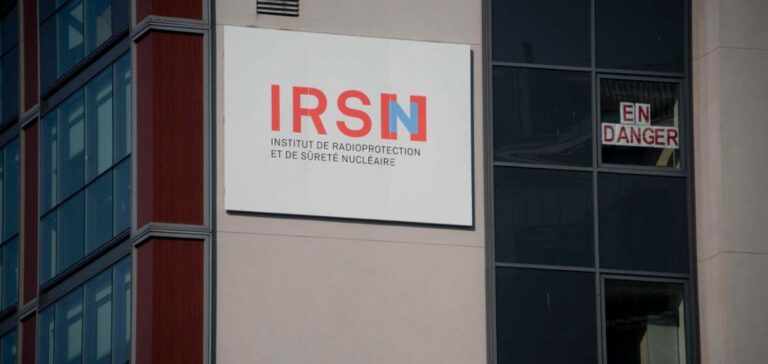On Wednesday, trade unions at IRSN, France’s nuclear safety expert, sharply criticized a parliamentary report published the previous day on the reorganization of nuclear safety as “partial and biased”.
Controversy surrounding the merger of IRSN and ASN: Unions denounce incomplete report
The report recommends the merger of the Institut de Radioprotection et Sûreté Nucléaire (IRSN) and the Autorité de Sûreté Nucléaire, the French nuclear power plant regulator, a controversial reform that the French government is keen to push through as part of its drive to revitalize nuclear power in France.
“Where is the complete, transparent and rigorous diagnosis? The IRSN inter-union group thought that the Parliamentary Office for Scientific and Technological Choices (Opecst) would carry out serious work on the consequences of reorganizing ASN and IRSN. We’re a long way from that,” emphasize the CFDT, CFE-CGC and CGT unions in a press release, who believe that Opecst has placed itself “at the service of the government”.
The report “does not get to the heart of the impact analysis, and even glosses over certain negative consequences”, they lament. Focused on activities related to plant safety, they say it fails to address “the impact of the proposed merger on national defense installations, radiation protection of populations, surveillance of the territory, research…”. “The recommendations made by IRSN and ASN in favor of the merger appear to be totally off the mark. And the speed with which the Minister for Energy Transition reacted, announcing that this report enabled her to propose to the President of the Republic that he reconsider the merger project, even suggests that this process was programmed in advance,” add the staff representatives.
The unions are once again calling for “a pluralist diagnosis of the existing system”, in the face of a proposed merger that they believe will “degrade the research-expertise-decision process, which is the guarantor of the safety of nuclear facilities”. In April, the government had failed in Parliament to merge IRSN and ASN in express mode, a reform designed to “fluidify” decisions, according to the government.






















